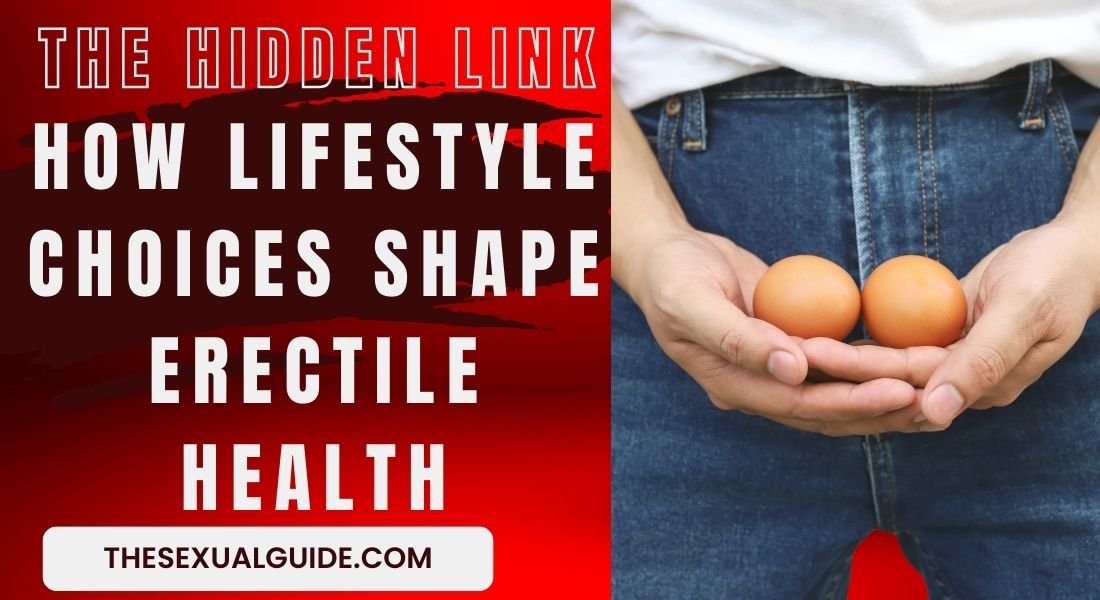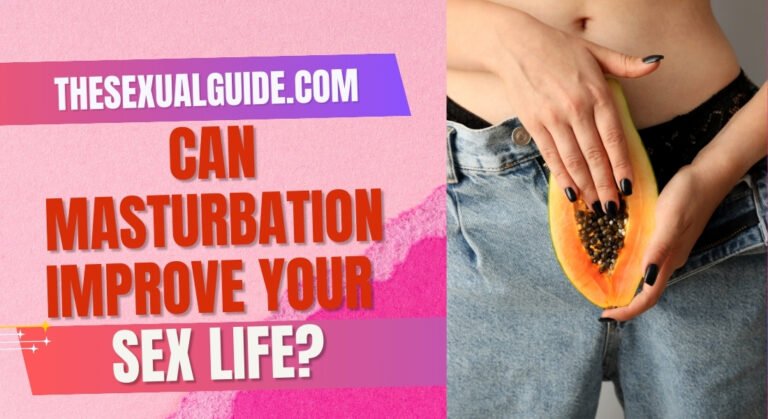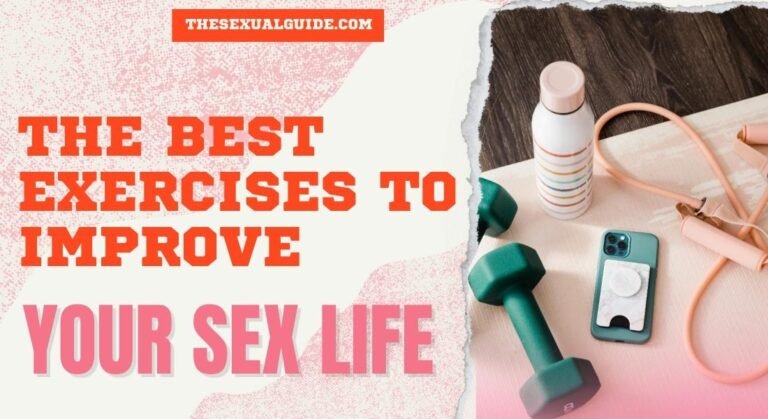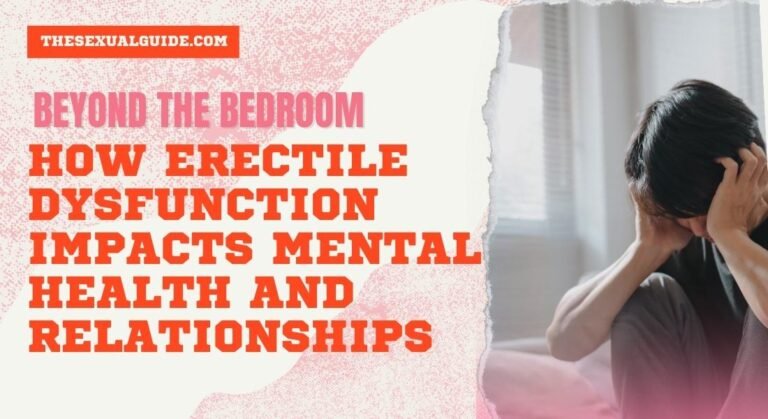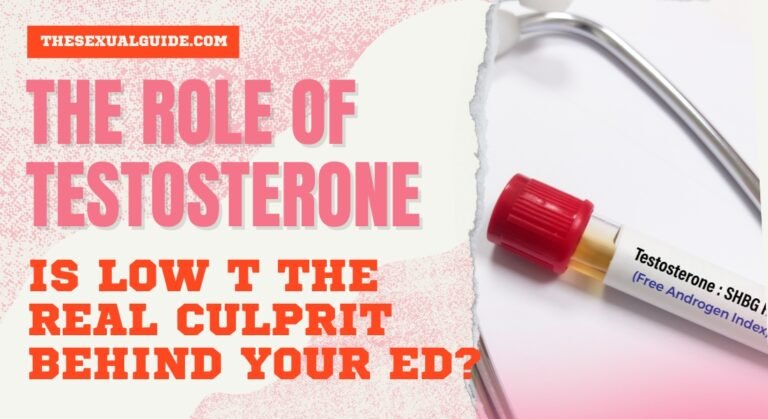Erectile health is a cornerstone of men’s overall well-being, yet it often goes overlooked until issues arise.
While aging plays a natural role in sexual health, lifestyle choices significantly influence erectile function.
In this article, we explore how habits like diet, exercise, stress management, and sleep impact erectile health and what you can do to maintain vitality.
Understanding Erectile Health
Erectile health refers to the ability to achieve and sustain an erection suitable for sexual activity.
This process depends on proper blood flow, hormone levels, nerve function, and psychological well-being.
When these systems are disrupted, erectile dysfunction (ED) can occur.
Common causes of ED include:
- Poor cardiovascular health
- Diabetes or other metabolic conditions
- Chronic stress or anxiety
- Substance abuse (smoking, alcohol, or drugs)
While medical conditions play a role, lifestyle factors are often at the root.
How Lifestyle Choices Affect Erectile Health
1. Diet: Fuel Your Body, Fuel Your Performance
What you eat impacts blood flow, hormone production, and overall energy levels.
Diets rich in processed foods, unhealthy fats, and sugars can lead to obesity, high cholesterol, and clogged arteries, all of which can impair erectile function.
Choose erectile-friendly foods:
- Leafy greens (e.g., spinach, kale) for nitric oxide production
- Fatty fish (e.g., salmon, mackerel) rich in omega-3 fatty acids
- Nuts and seeds for healthy fats and zinc
- Fruits like watermelon, rich in citrulline to support blood flow
2. Exercise: Boost Circulation and Confidence
Regular physical activity enhances cardiovascular health, improves blood flow, and reduces stress, all crucial for erectile function.
Studies show that men who exercise regularly are less likely to experience ED.
Recommended activities:
- Aerobic exercises (e.g., jogging, swimming) to strengthen the heart
- Strength training to boost testosterone levels
- Pelvic floor exercises (e.g., Kegels) to improve erectile strength
3. Stress and Mental Health: A Hidden Culprit
Stress, anxiety, and depression can disrupt the brain-body connection needed for sexual arousal. Chronic stress also increases cortisol levels, which can lower testosterone.
Stress-busting strategies:
- Practice mindfulness or meditation
- Seek therapy for anxiety or relationship issues
- Engage in hobbies that bring joy
4. Sleep: Recharge for Better Performance
Sleep quality and quantity directly impact testosterone levels and overall energy. Sleep disorders like insomnia or sleep apnea are linked to higher rates of ED.
Tips for better sleep:
- Maintain a consistent sleep schedule
- Create a calming bedtime routine
- Avoid screens and caffeine before bed
Habits That Harm Erectile Health
While healthy choices improve erectile health, some habits can do the opposite. Avoid these pitfalls:
- Smoking: Damages blood vessels and reduces nitric oxide, essential for erections
- Excessive alcohol: Lowers testosterone and impairs judgment
- Sedentary lifestyle: Weakens circulation and promotes weight gain
- Poor hydration: Decreases blood volume, reducing performance
When to Seek Help
If lifestyle changes don’t improve your erectile health, consult a healthcare provider.
ED can signal underlying conditions like heart disease, diabetes, or hormonal imbalances.
Early intervention not only restores sexual health but may also prevent more serious issues.
Conclusion
Your lifestyle choices today shape your sexual health tomorrow.
By focusing on a balanced diet, regular exercise, stress management, and quality sleep, you can improve both erectile function and overall well-being.
FAQs - The Hidden Link: How Lifestyle Choices Shape Erectile Health
1. How do lifestyle choices impact erectile function?
Lifestyle factors such as diet, physical activity, sleep quality, alcohol intake, and smoking directly affect blood flow, hormone levels, and cardiovascular health, all of which are essential for erectile function. Poor choices in these areas can significantly increase the risk of ED.
2. Can improving my diet really help with ED?
Yes. A heart-healthy diet, rich in fruits, vegetables, whole grains, lean proteins, and healthy fats, supports vascular health, which is closely tied to erectile performance. Diets high in sugar, processed foods, and trans fats can impair circulation and testosterone production.
3. Does exercise improve erectile health?
Regular exercise boosts blood flow, reduces stress, improves cardiovascular function, and can increase testosterone levels. Aerobic activities and strength training have both been linked to reduced risk of ED, especially in men with sedentary lifestyles or excess weight.
4. What lifestyle habits are most harmful to erectile health?
Smoking, excessive alcohol consumption, chronic stress, sleep deprivation, and lack of physical activity are some of the most damaging habits. These can impair blood vessel function, reduce libido, and lead to hormonal imbalances that contribute to ED.
